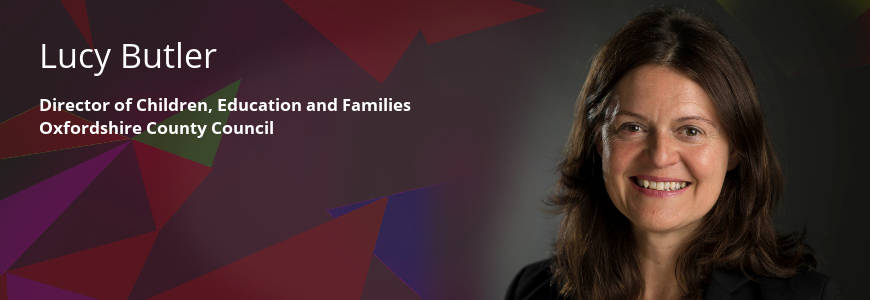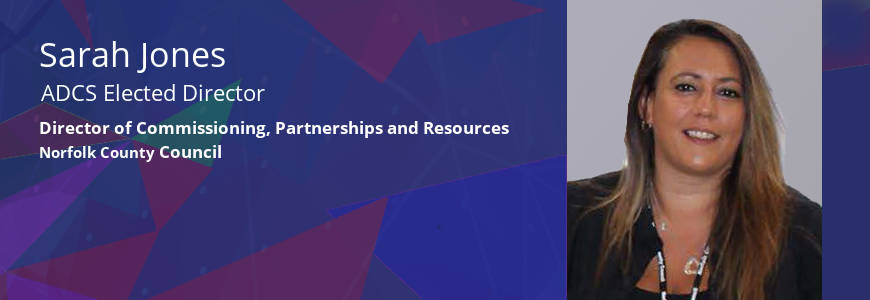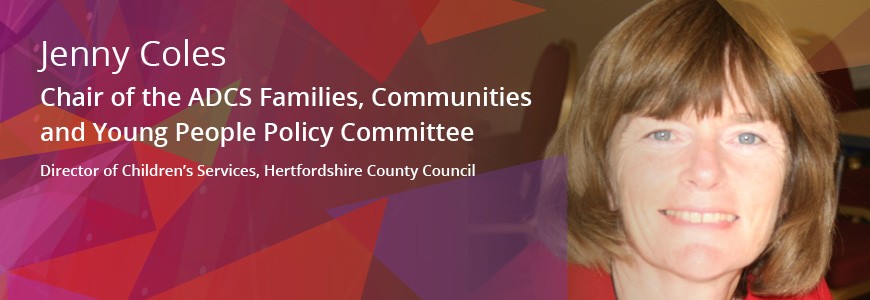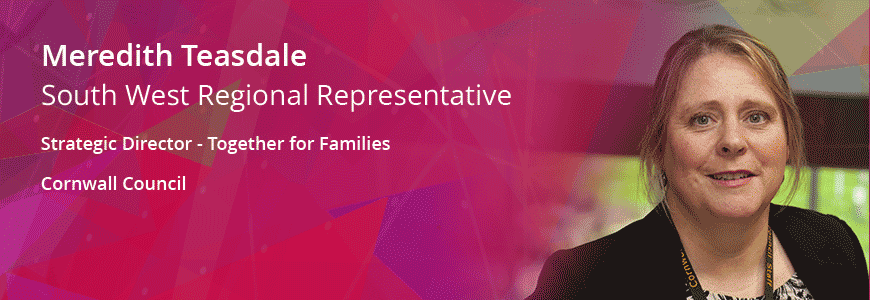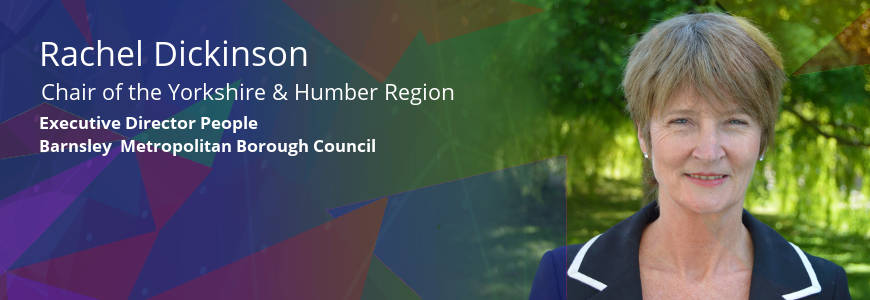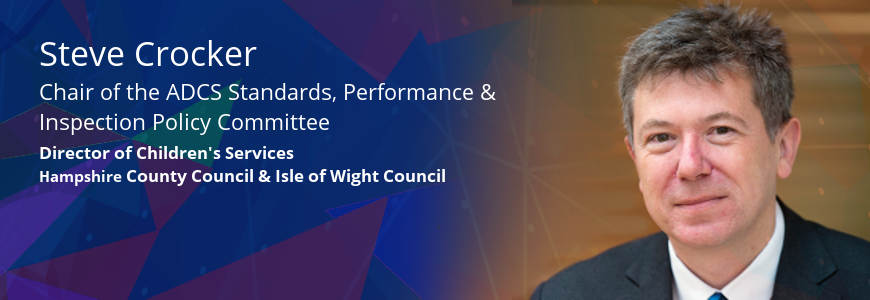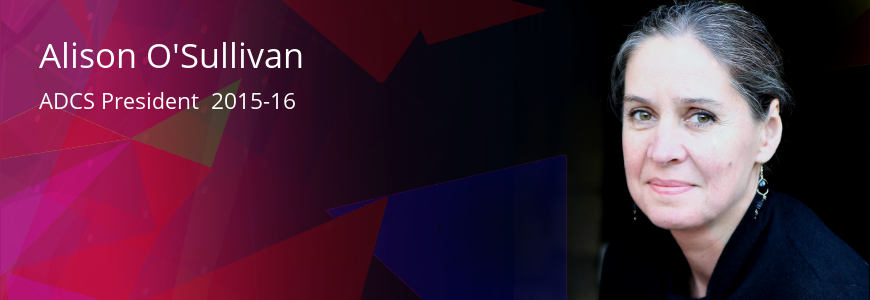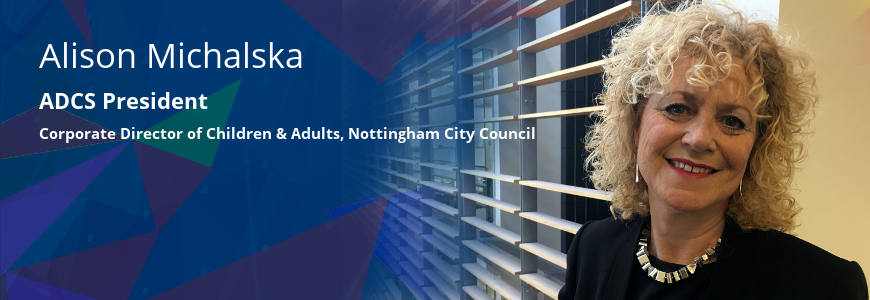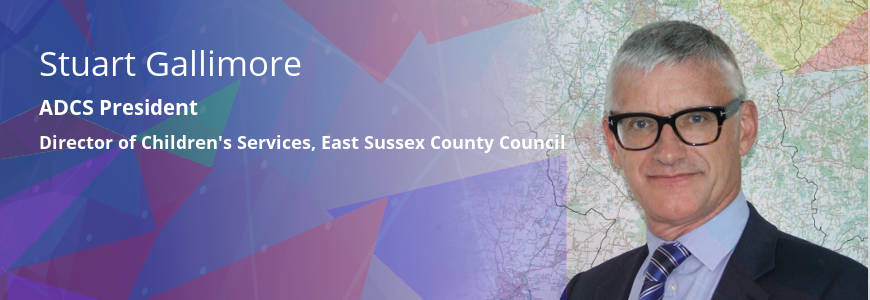Keep calm, it’s only Ofsted!
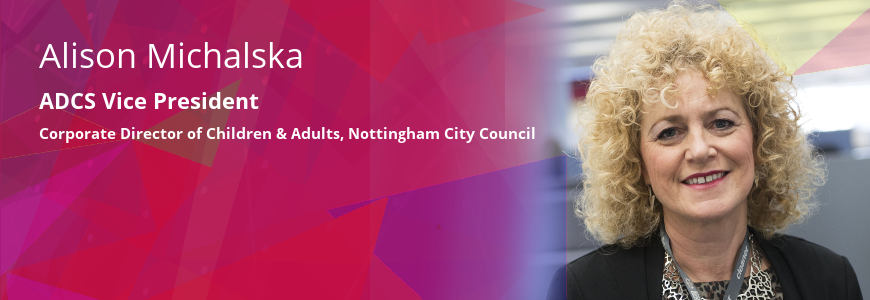
“She’s gone mad,” they said. “Completely bonkers,” said others. People looked at each other and shook their heads in disbelief.
What had I done? Well, I’d volunteered my local authority, in Nottingham City Council, for Ofsted’s pilot inspection of local authority children’s services. When I told my team they were genuinely shocked and concluded that I’d finally flipped.
Three years ago, when I was just four months into my new role as director of children’s services (DCS) in Nottingham, we had our Ofsted inspection of services for children in need of help and protection, children looked after and care leavers. We were judged as ‘requires improvement to be good’.
Now I look back on everything we’ve achieved in the last three years and see such progress. Our improvement journey has been formidable. We’ve come on in leaps and bounds. I make no apologies for being confident in our services or for wanting our hardworking teams to get the recognition they truly deserve.
So I’d signed us up for the pilot. And now I was having to explain my rationale to my teams. The thing is, volunteering for an Ofsted inspection is not as crazy as it sounds:
- It gives you a key role in developing the inspection arrangements of the future – if you’re going to be inspected, surely you want a say in how that inspection will work?
- It gives you a robust diagnostic of your services - so even if your performance is a bit wobbly, a pilot inspection gives you free high-level consultancy and an unpublished report detailing the improvements you need to make.
So on a grey Monday morning in mid-January I received ‘the call’ from the Ofsted Lead Inspector to announce that she, along with three other inspectors, would arrive on site the following Monday to start the field work. Gulp!
The inspection had, in effect, already started… by the following day we had to submit information on our audits and, by the middle of the week, we had to submit child-level data lists and performance information (thankfully nowhere near as huge as the Annex A evidence library requested as part of the Single Inspection Framework).
Inspectors used this pre-submission information to develop their key lines of enquiry. These were strictly adhered to and efficiently shut down when they had evidenced no concern. The inspection timetable was completely flexible and reviewed daily depending on findings.
In previous inspections, there would be an inspector focusing on each area, now all of the inspectors took a whole system approach. They started by looking at our front door with our contact and referral service. They then progressed through our system as a child would do during his or her journey. Their approach was ‘starting with the child and staying with the child’. In total, they examined over 280 cases. Wherever the inspectors led, we followed (dishing out chocolates and ‘well done’ stickers in an attempt to keep up team morale).
The inspection was fast-paced and time constraints were tight. With four inspectors looking at our whole system in two weeks, inspectors needed to work efficiently. Their focus was centered around the impact that our intervention has on a child’s life. Their findings were evidenced through the deep dive of case files.
As it was a pilot, we were invited to share our own findings and suggested learning with Ofsted. Here’s the feedback we gave to inspectors:
- The impact and demand from inspectors on frontline staff and managers at our front door was huge - our experienced manager described it as brutal. Inspectors rapidly moved through cases and social workers felt that the pace of the inspection did not allow them the opportunity to reflect fully on cases.
- There were no focus groups with young people and families, or observation of group work in action. This may have given inspectors a different insight into how we work with families through our range of interventions, not just the one to one work of social workers.
- Some of our partners, particularly from the Local Safeguarding Children Board, were left out as inspectors did not ask to spend time with them. However, Ofsted was keen to point out that if this had been an area of weakness or challenge, then they would have been tracking them down.
My lasting impression remains that this was the most authentic inspection I have been part of. There was no opportunity for us to put forward our best, be it staff or cases. Inspectors followed their noses, went where they wanted and looked at what they wanted to. They really tested the fundamental hypothesis of whether the council has created an environment where social work can flourish and the outcomes for children are good.
Our inspection has now come and gone. We can look back and laugh about the day I told the team I’d volunteered us to be inspected by Ofsted. We can chuckle about how mad they thought I was. But my message remains exactly the same today as it was back then – be proud.
To my teams, be proud; you know your cases, you are hardworking, committed and capable. Be proud of the excellent work you are doing for Nottingham’s children and families.
To my managers and our politicians, be proud; you have led us through an incredible transformation and we have made formidable progress. Be proud of your improvement journey and confident in your leadership.
Personally, I’m delighted that we took the decision to put ourselves forward for a pilot inspection. I would recommend that other DCS’s consider if it’s the right time in your improvement journey to volunteer. You never know…you may also secure a ‘good’ outcome!
Related Blog Articles
It’s January 2018 and Lisa Pascoe, Ofsted’s Deputy Director, Social Care, is...
In Inspection & Improvement
This year January has been an important month for me working in Norfolk as the...
In Health
Highlighting the impact of neglect on young people is clearly presented in...
In Safeguarding & Child Protection
The period since Christmas has been an interesting one for us in Cornwall. On 23...
In Inspection & Improvement
In recent weeks we have seen a whole host of changes in central government,...
In General
Over the past 12 months I have had the privilege of leading Doncaster...
In Care
This week saw directors of children’s services (DCSs) from the 15 councils of...
In General
A new year, a new beginning with some clarity politically. This is my first blog...
In Education
Earlier this week I attended a reunion with a group of much valued former...
In General
It looks like it’s going to be a busy period for the ADCS Standards,...
In General
When it was suggested to me that I put myself forward to chair the ‘spy...
In Inspection & Improvement
To all those colleagues who have worked or are currently working in authorities...
In Inspection & Improvement
Last week the Association held its annual conference in Manchester. This event...
In General
Since my last blog, the National Audit Office (NAO) published its report...

